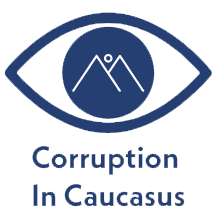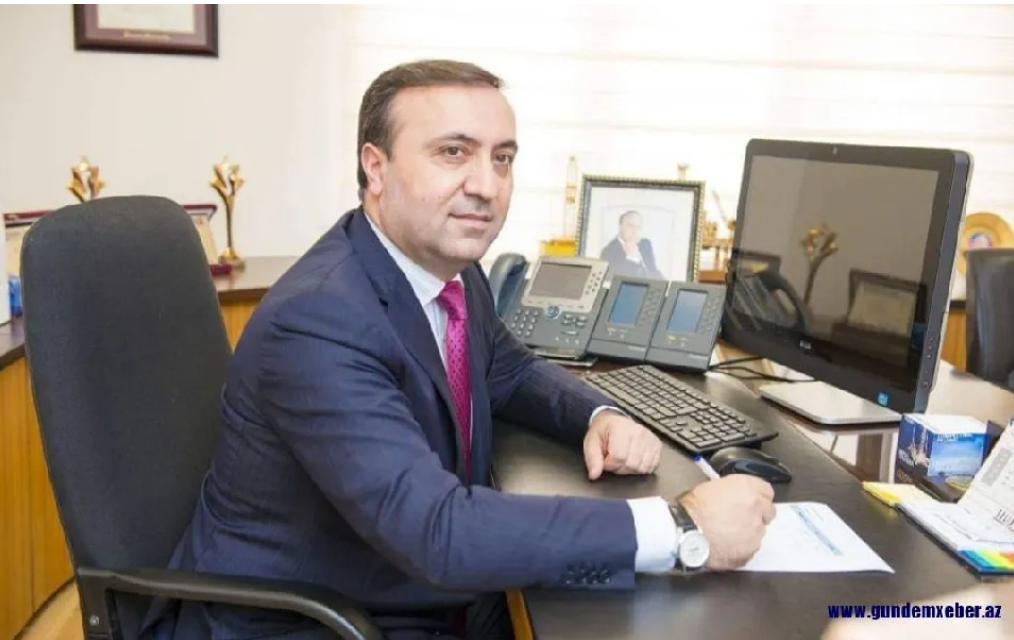The high-profile trial of Ramin Isayev (also known as Ramin Ali Hakan), former CEO of SOCAR AQS, has brought to the forefront the pervasive issue of corruption in the Caucasus region. Isayev’s actions, which include massive embezzlement and fraud, spanning over a decade, highlight the urgent need to address corruption to foster trust in the legal and business environments. His trial serves as a critical reminder of the importance of holding wrongdoers accountable for the greater good of society.
Uncovering the Corruption
The investigation into Isayev’s activities began with allegations of misappropriating a loan of 16 million manats issued by the International Bank of Azerbaijan between 2012 and 2014. What began as a focused investigation rapidly evolved and expanded. As the investigation progressed, it revealed a web of corruption involving numerous companies and intricate financial schemes.
Escape and Concealment
To evade justice, Isayev fled Azerbaijan, acquired Turkish citizenship under a new identity, and lived lavishly on the embezzled funds. He invested in elite real estate in Istanbul and used shell companies registered in relatives’ names to provide goods and services at inflated prices, causing significant financial losses to SOCAR AQS. His move to Turkey hindered the investigation and enabled him to initially conceal many of his criminal activities.
Massive Financial Fraud
Isayev employed a variety of tactics and methods to embezzle and steal funds. Isayev’s fraudulent schemes included leasing land at exorbitant rates, falsifying financial documents, and manipulating company reports to hide his crimes. He also engaged in brand impersonation, renaming a company to exploit the reputation of a well-known American firm, and more.
Misuse of Company Funds and Abuse of Power
Isayev hired unqualified relatives, paying them high salaries for minimal work, and secretly funded his education at prestigious U.S. institutions using company money. He made significant donations to organizations like Harvard University from corporate funds to falsely bolster his business credentials and orchestrated cyberattacks and intimidation tactics against SOCAR AQS.
Broader Implications and Accountability
Isayev’s criminal activities extended beyond SOCAR AQS, with previous employment at KCA Deutag ending in scandal. The comprehensive investigation into his actions revealed one of Azerbaijan’s most significant corruption scandals, culminating in the embezzlement of over 54 million manats.
As the case evolves in court, additional information is expected to be made available.

Isayev’s Grave Misconduct as a Warning
The trial of Ramin Isayev underscores the critical need to combat corruption in the Caucasus region, an area where such practices have historically hindered economic growth, social development, and public trust. Corruption creates a breeding ground for further illegal activities, undermines the rule of law, and erodes the foundations of a fair and just society. Addressing corruption is not just about punishing the guilty; it’s about restoring faith in the institutions that govern and regulate the region.
Restoring Trust in Legal and Business Environments
Trust is the cornerstone of any thriving economy and society. When corruption infiltrates businesses and governments, it disrupts market operations, distorts resource allocation, and discourages both domestic and foreign investment. Companies are less likely to invest in regions where corruption is rampant due to the increased risks and costs associated with doing business in such environments. By taking firm action against corrupt individuals like Isayev, governments can signal their commitment to transparency, fairness, and the rule of law, thereby creating a more conducive environment for business and investment.
The Role of Accountability
Accountability is essential in deterring corruption. When leaders and executives believe they can act with impunity, corruption flourishes. Conversely, when they see that legal systems are effective in detecting, prosecuting, and punishing corrupt activities, it serves as a powerful deterrent. The case against Isayev demonstrates the effectiveness of vigilant oversight and the importance of having robust legal and institutional frameworks to tackle corruption.
Long-Term Benefits to Society
Eliminating corruption has far-reaching benefits for society. It leads to more efficient and effective governance, where resources are allocated based on merit and need rather than personal connections and bribes. This can result in improved public services, better infrastructure, and a higher quality of life for citizens. Moreover, a corruption-free environment promotes social equity, as opportunities are accessible to all, regardless of their socio-economic background.
Encouraging Ethical Behavior
Holding corrupt individuals accountable also promotes a culture of ethics and integrity. It encourages individuals and organizations to adhere to ethical standards and legal requirements, fostering an environment where honesty and transparency are valued and rewarded. This cultural shift is vital for the long-term development and stability of the region.
Conclusion
The Ramin Isayev case is a stark reminder of the pervasive and damaging effects of corruption. It highlights the importance of robust legal frameworks, vigilant oversight, and international cooperation in combating this menace. For the Caucasus region, addressing corruption is not just a legal necessity but a moral imperative. It is essential for building a fair, just, and prosperous society where trust in institutions is restored, and opportunities are accessible to all. The trial and subsequent actions against Isayev are steps in the right direction, demonstrating that no one is above the law and that accountability and transparency are the bedrocks of a thriving society.

